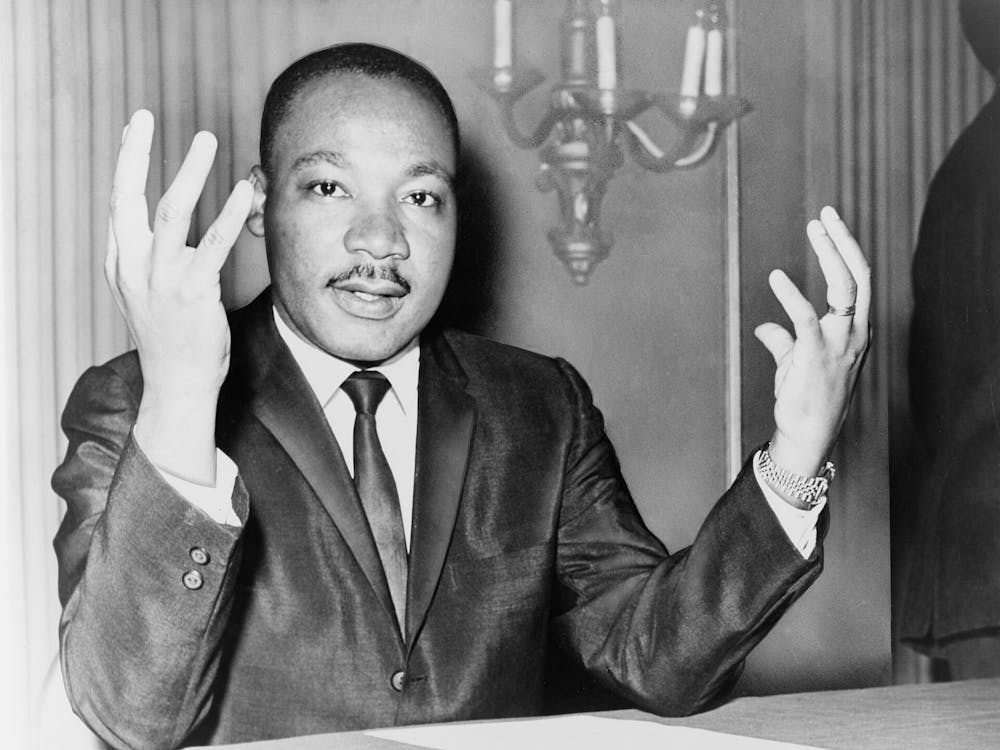Think back to the last action movie you watched. Was it Captain America, The Hunger Games, or maybe 22 Jump Street? Odds are that you remember the basic plot pretty well or at least the chase scenes that had you holding your breath and refusing to blink so that you wouldn’t miss a second. Now, think of what you were eating during the movie. Can you remember the exact snack that you had, whether that small popcorn that looked like an extra large, or those King Size Twizzlers? Do you think the movie you were watching had any relationship with how much of your snack you consumed?
According to a recent study at Cornell University, action movies do increase food consumption. Not only are individuals who frequently enjoy action-related content the ones who consume greater quantities of food while watching television or movies, but they are also more prone to reach for junk food. Action-related content was distinguished as content with more visual camera cuts and greater variation in sound. This makes sense given that the most famous movie chase scenes are fast-paced and have moments of complete silence immediately followed by a near-deafening explosion.
The participants of this study were Cornell students, and they were randomly selected to view either an action movie (The Island) or a talk show (Charlie Rose). They were allowed to consume as many carrots, grapes, cookies and M&Ms as they wanted. Of those who watched The Island, some watched with sound and some watched with no sound at all. Those who watched The Island with sound ate the highest number of grams of food and the most calories, while those who watched The Island without sound came in second and Charlie Rose viewers came in last.
Charlie Rose is nearly the opposite of an action movie, as there are very few visual cuts, and the sound level remains virtually the same throughout the hour-long episode. Christov Roberson, a lecturer in biology at Hopkins, thought the selection of Charlie Rose was interesting.
“If you go to lecture ... you’re less likely to eat than if you go to a social interaction where your goal is to just hang out with people,” he said. “You have to pay more attention to a Charlie Rose interview and your focus is more on the show such that you are not distracted by eating. It’s almost like the more I have to pay attention to something, the less likely I am to eat. The less I have to pay attention to the message at any given moment, the more it’s okay for me to let it all sink in and make sense of it later, at those ‘Aha!’ moments. But in between those ‘Aha!’ moments in the movie I’m free to do whatever I want,” he said in an interview.
You don’t have to be a frequent movie-goer, or even enjoy thrillers, for this research to be relevant to you. “Scientists know that the desire to eat has physiological underpinnings, and that hormones and peptides are released that control our food intake,” said. The relationship between our emotions, especially stress and anxiety, and those peptides and hormones is precisely why this study has significant public health implications. The students who watched the action movie likely did not face major health effects from the study, but eating despite feeling full could harm health if it is a recurring behavior.
For those who watch action movies often, Roberson had additional advice: “Portion the amount of food you have or pick what kind of food you’re going to have.” This not only relates to the viewing of movies, but any situation in which we know we might face some degree of stress, such as traffic or midterm exams.
Because it is one of the few studies on this topic, this research seems to raise just as many questions as it answers such as whether simply seeing movement on screen can encourage us to eat more or if the emotions evoked during action movies play a role.




